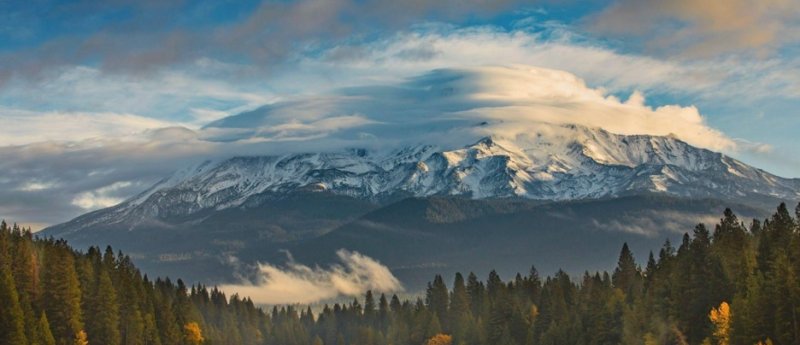 Environment and Climate
Environment and Climate
-
The California Reparations Task Force, established in 2020 under Assembly Bill 3121, examined the historical and present-day impacts of slavery and racial discrimination on African Americans in California, making recommendations for remedies and educating the public.
November 4, 2024
|Evidence
| -
Following California Governor Gavin Newsom's 2019 apology for genocide and historical injustices against Native populations, the State established the California Truth and Healing Council (THC) to create a holistic understanding of the historical relationship between California Native Americans and the State and make recommendations aimed at reparation and restoration.
November 4, 2024
|Evidence
| -
Environment and ClimateAnalysis of Tribal Consultation Under California SB 18 and AB 52
This report by the Environmental Law Institute evaluates the implementation of California’s SB 18 and AB 52, which require consultation with Native American Tribes for local planning and environmental review under the California Environmental Quality Act.
September 1, 2024
|Evidence
| -
Turning research into actionInvesting in Community Power: Insights from a Decade of California Climate Investments
California has long been a leader in launching groundbreaking initiatives to combat the climate crisis. But the climate crisis is also a crisis of inequity, hitting communities of color and low-income communities first and worst and exacerbating health and wealth inequities.
July 3, 2024
|P4A Spark
| -
Environment and ClimateA Call to Invest in Community Power: Lessons from 10 Years of California Climate Investments for the State and the Nation
As state and federal policymakers work to address climate change through climate investments that reduce greenhouse gas (GHG) emissions and build resilience—for instance, clean transportation, solar panels, urban greening, transit-oriented housing development—it is critical that investments are geared to support the communities that have been historically marginalized and left behind.
February 16, 2024
|Evidence
| -
 Turning research into actionCalifornia Laws to Protect Tribal Cultural Resources: Are They Working?
Turning research into actionCalifornia Laws to Protect Tribal Cultural Resources: Are They Working?California has enacted laws specifically intended to protect Tribal cultural resources and Tribal traditional cultural sites. But are these laws working?
December 15, 2023
|P4A Spark
| -
Income and WealthDefining Land Justice in Rural California: How Equity Policy Can Improve State Land Investments
This project will analyze public input from two statewide reparations processes for Black and Native Californians and create additional participatory research to define reparations with Black, Native, Asian, and Latinx owners of land-based businesses, advocates, and California State staff, engaging them in analyzing climate and agricultural programs for racial disparities.
June 1, 2023
|Has Evidence
| -
Environment and ClimateAdvancing Racial Equity Through Climate Policy: Environmental, Economic and Health Equity Outcomes and Implications of CA's Climate Investment Program
Senate Bill 535 and Assembly Bill 1550, combined, require the state to dedicate a minimum of 35 percent of revenues raised through Cap-and-Trade to communities that are environmentally overburdened and socially vulnerable. This was an explicit effort to promote health, economic, and racial equity in California's climate policy strategy. This project will research and evaluate the implementation of the $12.6 billion California Climate Investment program (SB 535 and AB 1550) in creating solutions that promote health, economic, and racial equity in environmentally disadvantaged communities.
September 1, 2021
|Has Evidence
| -
Environment and ClimateAdvancing Tribal Health and Wellness through Meaningful Government-to-Government Consultation in State and Local Environmental Decision-making
This study will examine the extent to which health and wellness outcomes for tribal citizens are tied to state policies requiring state and local agencies to engage in government-to-government consultation with tribes when carrying out environmental decision-making activities impacting tribal cultural resources.
September 1, 2021
|Has Evidence
|